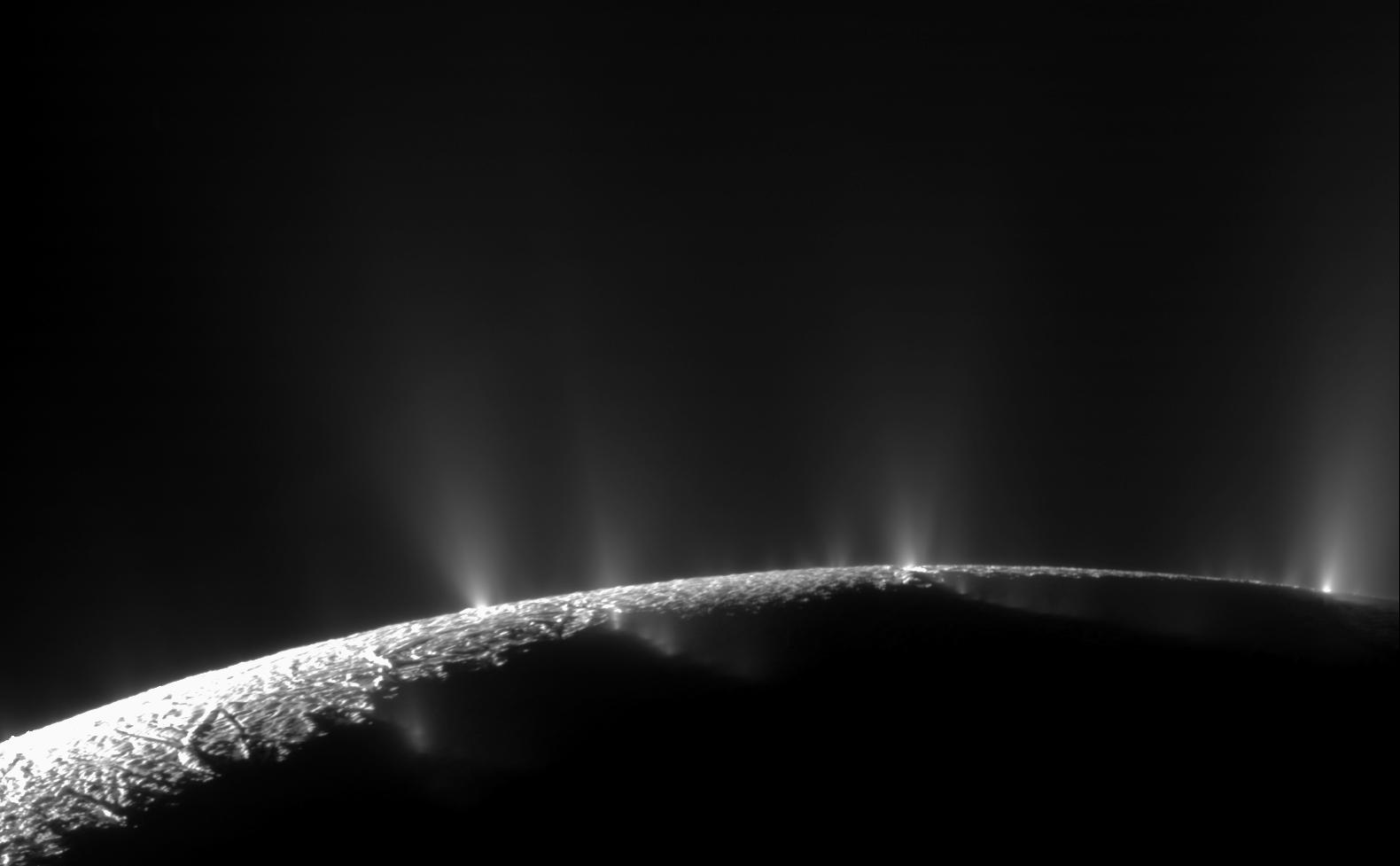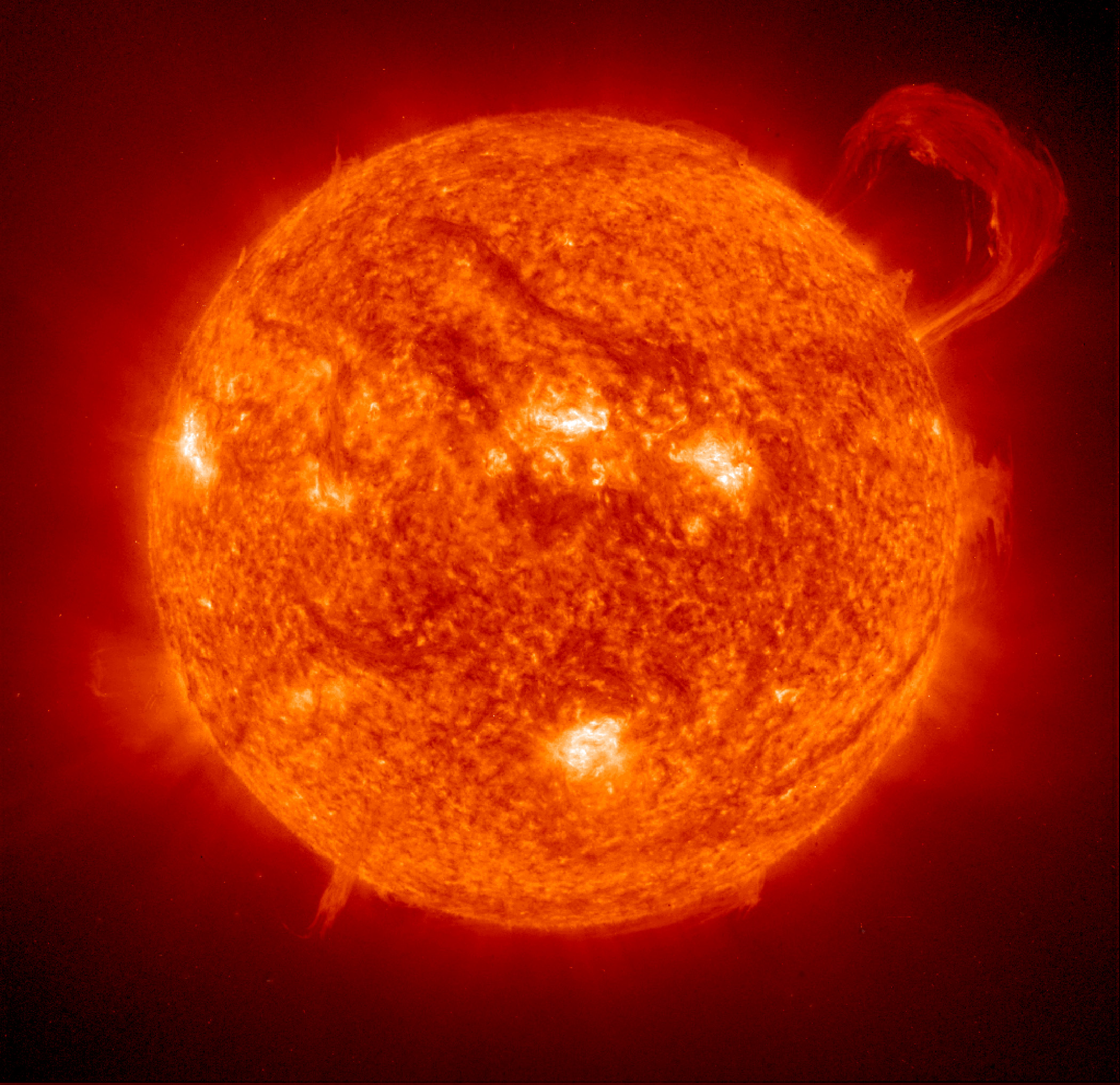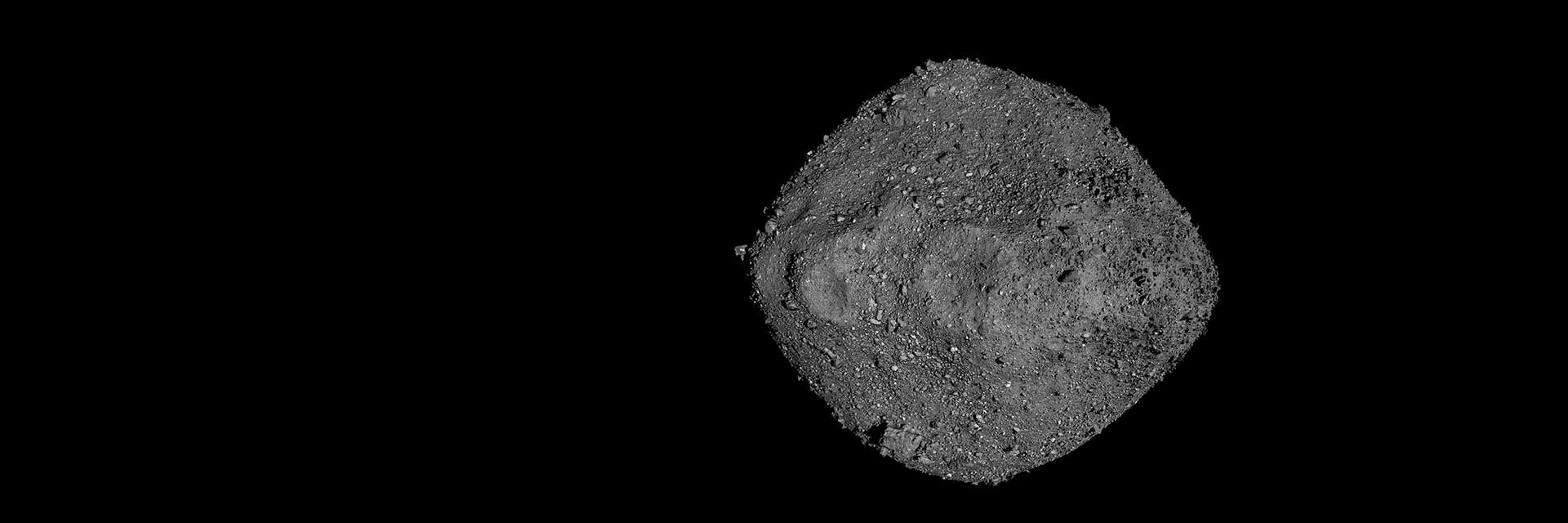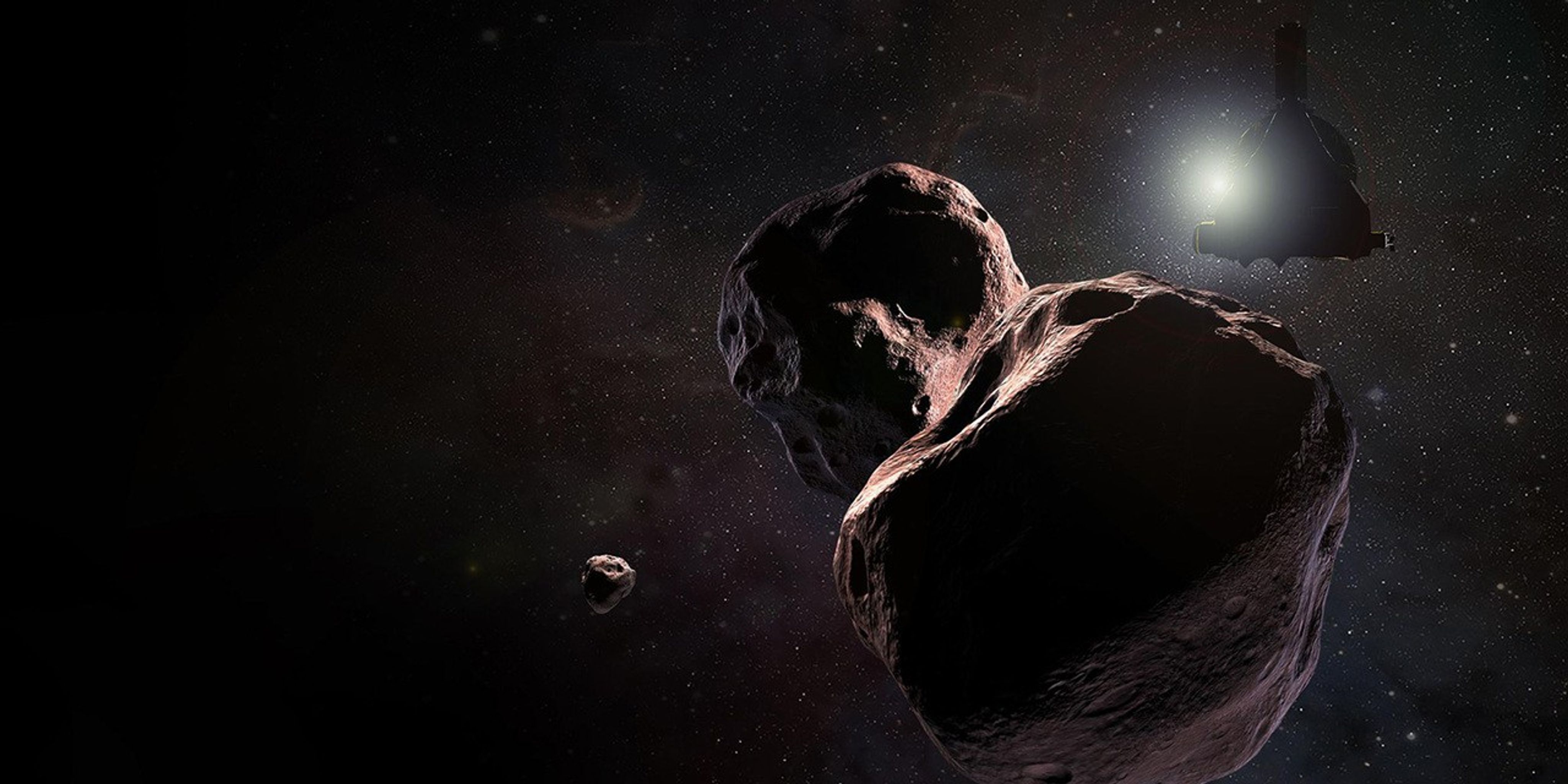4 min read
The most recent spacecraft telemetry was acquired on Feb. 17 from the Deep Space Network tracking complex at Goldstone, California. The Cassini spacecraft is in an excellent state of health. Information on the present position and speed of the Cassini spacecraft may be found on the "Present Position" page at: http://saturn.jpl.nasa.gov/operations/present-position.cfm.
Wednesday, Feb. 11 (DOY 042)
A two-day NASA Senior Review of a proposal for a Cassini Extended Extended Mission (XXM) concluded today. The review board's comments and questions indicated that they were quite impressed with the science, science team, and technical presentations, and that they understood and appreciated the XXM plans, rationale, and concerns. Within a month the final review board report should be available and some time after that a final decision is expected from NASA Headquarters.
Eight Instrument Expanded Block files in support of S48 were uplinked to the spacecraft today. Proper receipt and registration to the SSR has been verified. The background sequence will go up late Thursday night, and S48 will begin execution next Tuesday.
Thursday, Feb. 12 (DOY 043):
Science Planning has analyzed the Navigation Team's orbit determination solution released last Monday. Based on the results, the live inertial Vector Propagator update currently scheduled for DOY-056 need not be performed. All errors are significantly less than 2.4 mrad. The necessary instrument teams have concurred so the update has been cancelled.
Files were delivered for the second of two input ports as part of the S51 Science Operations Plan process. A merge of all the files will be released tomorrow for team review.
The Composite Infrared Spectrometer (CIRS) observed the rings today for 11 and a half hours at 45 degrees north latitude at high phase. This was part of a paired observation designed to look at both the lit and unlit sides of the rings at similar geometries to study the vertical thermal distribution within the rings. Part two of this observation occurs Saturday where CIRS will observe the rings for 9 ½ hours at 45 degrees south latitude at high phase. How much sunlight is absorbed as it passes through the rings? Answering this question will help us understand ring dynamics and ring particle properties.
Friday, Feb. 13 (DOY 044):
A non-targeted flyby of Titan occurred today.
Sunday, Feb. 15 (DOY 046):
Today the Optical Remote Sensing instruments participated in a Titan cloud monitoring observation. This campaign contained observations that are typically requested when Titan is at low phase and when the Cassini spacecraft is around one to two million km away from Titan. These observations provide isolated snapshots and are intended to improve our understanding of how often there are clouds on Titan, where they're appearing as the seasons change, how fast and in what direction the winds blow, and also how the haze evolves with the season.
Tuesday, Feb. 17 (DOY 048):
The S47 sequence concluded and S48 began execution today at 2009-048T12:35 SCET. The sequence will run for 37 days and conclude on Mar. 26. During that time there will be no targeted encounters and only one non-targeted flyby of Titan on DOY-080. Two maneuvers are scheduled, numbered 183 and 184. It is fortunate that S48 is light on flybys. This allowed the Spacecraft Team time to select a window to perform the upcoming thruster branch swap.
Work continued this week on planning for the swap to the thruster B-branch with nominal and contingency file generation, Flight Software Development System testing, procedure preparation, and internal reviews. The actual swap is scheduled to begin Mar. 12. Two periodic engineering activities, originally scheduled to occur in what has become the swap timeframe, have been rescheduled. Periodic Engineering Maintenance-A, originally set for Mar. 12, will now occur on Mar. 23. The back up gyro calibration, originally set for Mar. 14, will now occur on Oct. 4 during the execution of S53.







